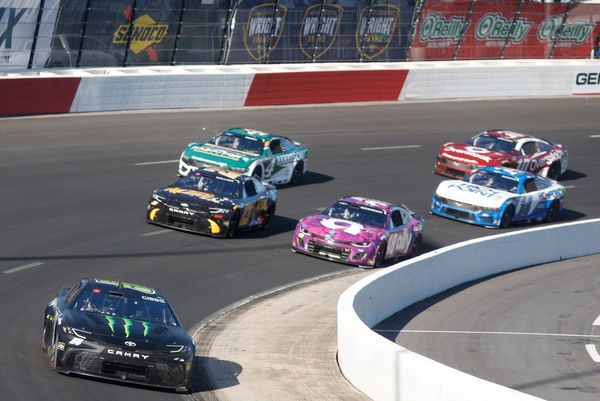
One in 20 patients has to wait at least four weeks to see a GP at a time when funding for family doctor services is falling, NHS figures show.
In November 2023, 1.5m appointments in England at a GP surgery took place four weeks or more after they were booked, 4.8% of the 31.9m held that month.
In one in six appointments – 5.4m, or 17.3% – the patient was forced to wait at least two weeks after booking it to see a GP, practice nurse or other health professional.
“Millions of people are being left anxious or waiting in pain because they can’t get an appointment with their GP,” said Ed Davey, the leader of the Liberal Democrats, who highlighted the latest evidence underlining the long delays that many patients face to see a GP.
“Staggering” numbers of patients now have to wait a long time, he said.
GP leaders blamed the situation on the widespread shortage of family doctors, which they said was making it impossible to keep up with the rising demand for appointments. Burnout due to intense workloads is prompting more GPs to work part time.
Prof Kamila Hawthorne, the chair of the Royal College of GPs, said: “GPs and our teams have just had the busiest November on record, with more than 31m appointments delivered – a 30% increase on 2019, yet with 646 fewer fully qualified, full-time equivalent GPs.”
“The average number of patients per GP in England is now an eye-watering 2,290, meaning each GP is responsible for 147 more patients than in December 2019,” she said.
The latest data on GP access published by NHS Digital shows that almost 43% of the 31.9m appointments in November occurred on the day they were booked.
Growing numbers of patients, however, are having to wait at least four weeks. Other NHS figures show that in November 2022 a total of 1.36m appointments had also been booked at least that far in advance, though the proportion of all consultations which they represented – 4.8% – was the same as last November.
Research by the House of Commons library has also found that soaring inflation means family doctors have experienced a real-terms cut in their funding from NHS England in recent years, despite the increasing demand for care that has been caused by the ageing and growing population, Covid and long Covid and other factors.
The analysis found that general practice funding was 3.3% lower in 2022-23 than in 2018-19, and that funding for each patient had fallen by £12 on average over the same period after taking inflation into account. Of the NHS’s 44 integrated care board areas, 42 have recorded a drop.
The areas with the highest percentage fall for each patient include north-west London, where funding was 16.8% or £28 a head lower; north central London, down 14.4%; Buckinghamshire, Berkshire and Oxfordshire, down 11.2%; and the Black Country and west Birmingham, down 10.3%.
Davey said: “It is unforgivable that the Conservative government has slashed funding for GP practices at a time of rising demand. The Conservative party’s record on the NHS is one of total neglect and failure. Rishi Sunak is completely out of touch with patients struggling to get the care they need.”
The Commons library’s analysis, commissioned by the Lib Dems, concluded: “Overall in England, the total NHS payments to general practice rose by 10.5% over this period. However, after the effects of inflation are taken into account, this is a real-terms fall of 3.3%. The average payment per registered patient rose by 6.4% in cash terms and fell by 6.9% in real terms.”
The Health Service Journal reported last week that the proportion of the NHS budget that goes to general practice had fallen to its lowest level since 2015-16 at just 8.4%, even though GPs and their teams provide almost 90% of patient care.
The Department of Health and Social Care did not respond to the long waits for care and insisted that real-terms GP funding had grown, despite the library’s finding to the contrary.
“We are committed to improving access to GPs and are now delivering 50m more GP appointments per year,” a spokesperson said. “The most recent data shows GP funding increased in real terms by 19% between 2017 and 2022, and our primary care recovery plan is investing £645m to expand pharmaceutical services and take pressure off general practice.”







